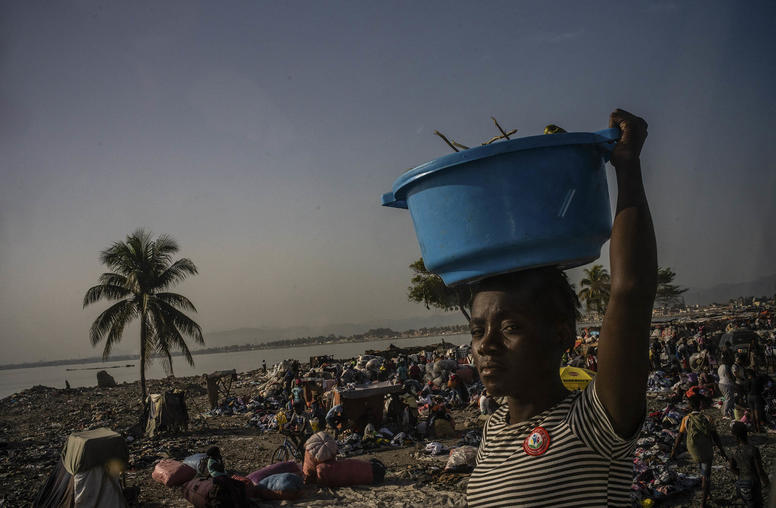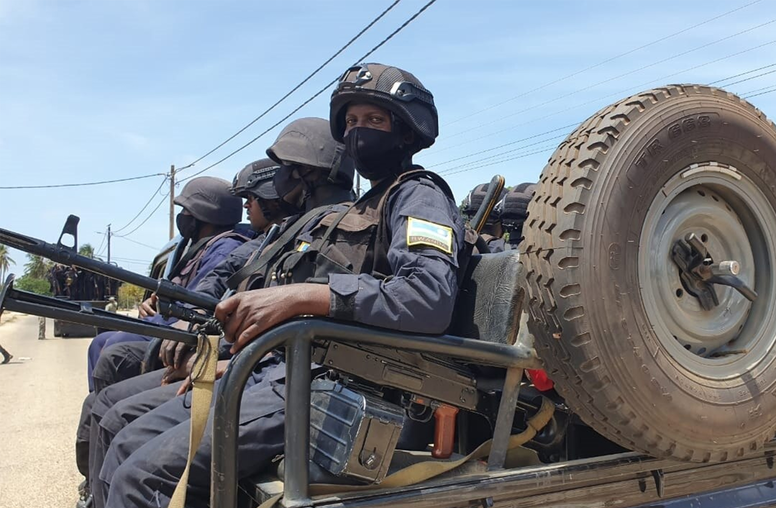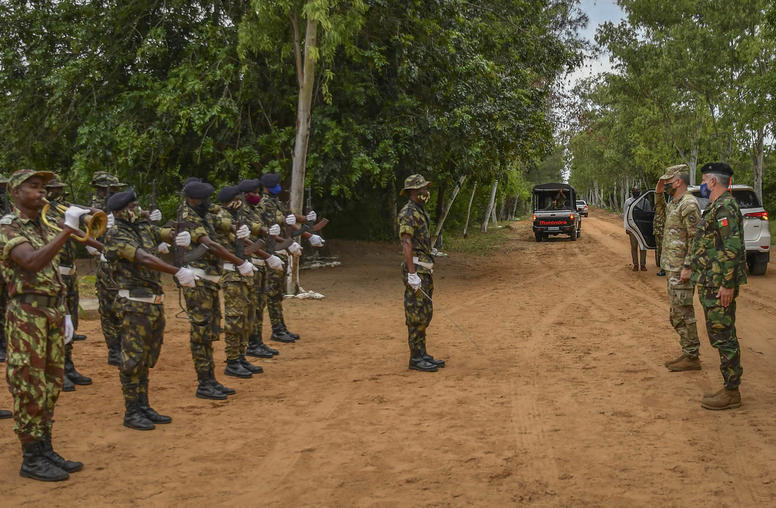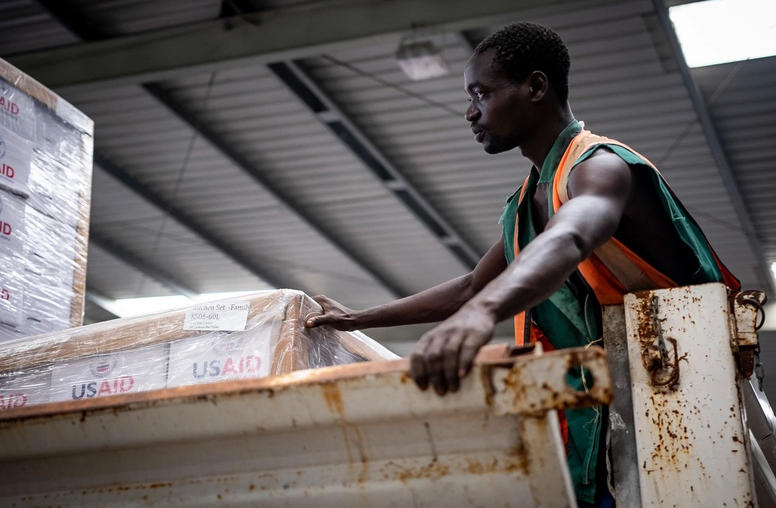The Impact of Conflict on Households: Pointers for Practitioners
Public event sponsored by the Grant and Fellowship Program and Center for Sustainable Economies of the United States Institute of Peace
This public event looks at how different types of conflict affect economic behaviors at the household level. The presenters, Tilman Brueck and Kati Schindler, will discuss the impacts of conflict through the use of household survey data collected from both Mozambique and Rwanda, where post-conflict environments impaired household boundaries, asset endowments, and the types of income-generating activities households engaged in. They will also offer a set of policy recommendations for decision-makers and practitioners.
This public event looks at how different types of conflict affect economic behaviors at the household level. The presenters, Tilman Brueck and Kati Schindler, will discuss the impacts of conflict through the use of household survey data collected from both Mozambique and Rwanda, where post-conflict environments impaired household boundaries, asset endowments, and the types of income-generating activities households engaged in. They will also offer a set of policy recommendations for decision-makers and practitioners.
RSVP
To RSVP, please send your name, affiliation, daytime phone number, and name of the event to Cornelia Haggart at chaggart@usip.org.
Presenters
- Tilman Brueck
USIP Grantee
Head, Department of International Economics, German Institute for Economic Research (DIW Berlin)
Assistant Professor, Development Economics, Humboldt University Berlin - Kati Schindler
Doctoral student in agricultural economics
Humboldt University of Berlin and German Institute for Economic Research (DIW Berlin) - Borany Penh, Discussant
Senior political economist, Office of Poverty Reduction, U.S. Agency for International Development (USAID) - Gary Milante, Discussant
Researcher (conflict and state fragility), World Bank - Raymond Gilpin, Moderator
Associate vice president, Sustainable Economies Centers of Innovation, U.S. Institute of Peace



